
Confronting Chaos Thoughts on Torah portion B’ha’alotekha 2023
The brilliance of the Torah as “Literary Philosophic-Psychology” is evident in this week’s Torah portion, “Be’ha’alotekha.” We see here an interplay of chaos in the inner life, anxiety and fear, that turns into a fixation on food. From that fixation, the people then wanted to rebel against Moses and return to Egypt. A psychologist might say that the people fell into into a general dysthymia – a profound lack of well-being. Here’s the story.
After about 13 months at Mt. Sinai, on the 20th day of the second month (Iyyar), the Israelites broke camp and began their trek to the ancient homeland in Canaan. Within just a few days of leaving Mt. Sinai, the people become “k-mit’onenim” – “like moaners” (Numbers 11:1). I see this as a dejected state, sunk in despair, irritable, and usually looking for someone to blame. Why the moaning? What just happened?
Reality happened, the reality that they couldn’t just stay at Mt. Sinai. Mt Sinai was their first home since fleeing from Egyptian slavery. The Israelites had been through extraordinary times, rapturous heights and shameful lows. Six days after arriving at Mt. Sinai on the first day of the third month (Sivan), they had witnessed the awesome revelation of the Decalogue, and had seen Moses disappear into the cloud-covered mountain top. Forty days later, Moses came down from the mountain, bearing the stone tablets. As a way of rejecting their new life governed by a moral law, the people regressed and cavorted with the Molten Calf. Moses effected a reconciliation between God and the people, went back up Mt. Sinai, and came back down with a second set of stone tablets. Once the second tablets were given, God had the people busy themselves with building the Mishkan, the elaborate tent that would house God’s presence.
I think the people were finally happy. Building the Mishkan required a vast array of talents. Everyone had something productive to do out of inner passion, not because of the Egyptian taskmasters’s whips. Then the Mishkan was finished, on the first day of the first month, just two weeks shy of one year since the liberation from Egypt. Now they had to march through the rocky desert and fight their way back to the homeland of their ancestors.
Perhaps the Israelites had been under the illusion, a futile hope, that they could just stay at Mt. Sinai. In our Torah portion, the Israelites were reminded that they had to move on to the next part of their lives. I think they went through a minor version of the Molten Calf incident. The Israelites were resisting the purpose for which the nation was brought into being.
They moped, moaned, complained. That inner distress manifested into a craving for meat, a “ta’avah” (just how Eve saw the Tree in the Garden of Eden). The Israelites suffered a moral collapse, filled with anxiety and fear about the future that they dreaded. They suddenly remembered the all-you-can-eat fish they ate for free in Egypt. And the free salad bar. “Cucumbers, melons, leeks, onions and garlic,” the Torah lists for us.
The inconvenient fact that the food was not free – they had been brutalized slaves – was obscured from memory. This is, indeed, part of the human condition. In the unconscious ego self, we sometimes remember the past in a particular way in order to justify our current state of thinking and feeling. Instead of working things through in the painful process of confronting reality with wisdom, we come up with slogans – “free fish and salad bar.” Moses, Aaron (and God) became the enemy with this newly discovered (false) history.
The Torah at this point digresses and reminds us that the people who were filled with craving actually had the manna from Heaven to eat – coriander seed that looks like bdellium (which grew on the river of Havilah, that flowed out of the Garden of Eden). Once prepared, we are told, it tasted like dough kneaded with oil. Small sweet cakes.
Effectively, God is leading them away from Sinai toward Canaan through a terrain sparkling with nourishment reminiscent of the waters of Eden. Like Eve and Adam, who had the entire garden for their enjoyment, the people had a craving for something else. They went from being ravenous for meat to wanting to return to Egypt where they “ate for free.” We all know that nothing in the external world can satisfy those cravings, rooted in the chaos of our inner lives.
There was a two-fold response to this crisis of people’s grumbling and rebellion – I’ll just discuss one here. As a responshae to the people’s breakdown, God instructs Moses to gather 70 elders into the Tent of Meeting. There, God’s presence would descend upon Moses and emanate among the 70 elders, who then prophesied.
Not prophecy as in telling the future, but prophecy in its original sense – being filled with and communicating the spirit of God. In our language: to counter chaos with divine order, with meaning and purpose, with duty and dignity, with virtue, wisdom and connection to the soul.
The depth of this idea, that meaning can overcome chaos, cannot be overstated. We all at times feel an inner chaos that is displaced into addictions, substance or emotional. That inner chaos often has us scan our environment and blame others for our emotions, just as the people turned on Moses and Aaron. We project our inner state onto the world and create a subjective reality based on how badly we feel.
Things happen in life that trigger habits of thought, feelings and emotions. The triggers are within us. We often can’t control what happens in life, but we can manage how we think and feel about it. The manna from heaven can be found in our souls. We can crave or act out, or we can go deep within and find spiritual nourishment. What we do with our disruptive thoughts and feelings defines our character.
We are all walking this rocky path together toward our inevitable deaths, without enough wisdom or time. Let’s at least not make it harder on each other.





















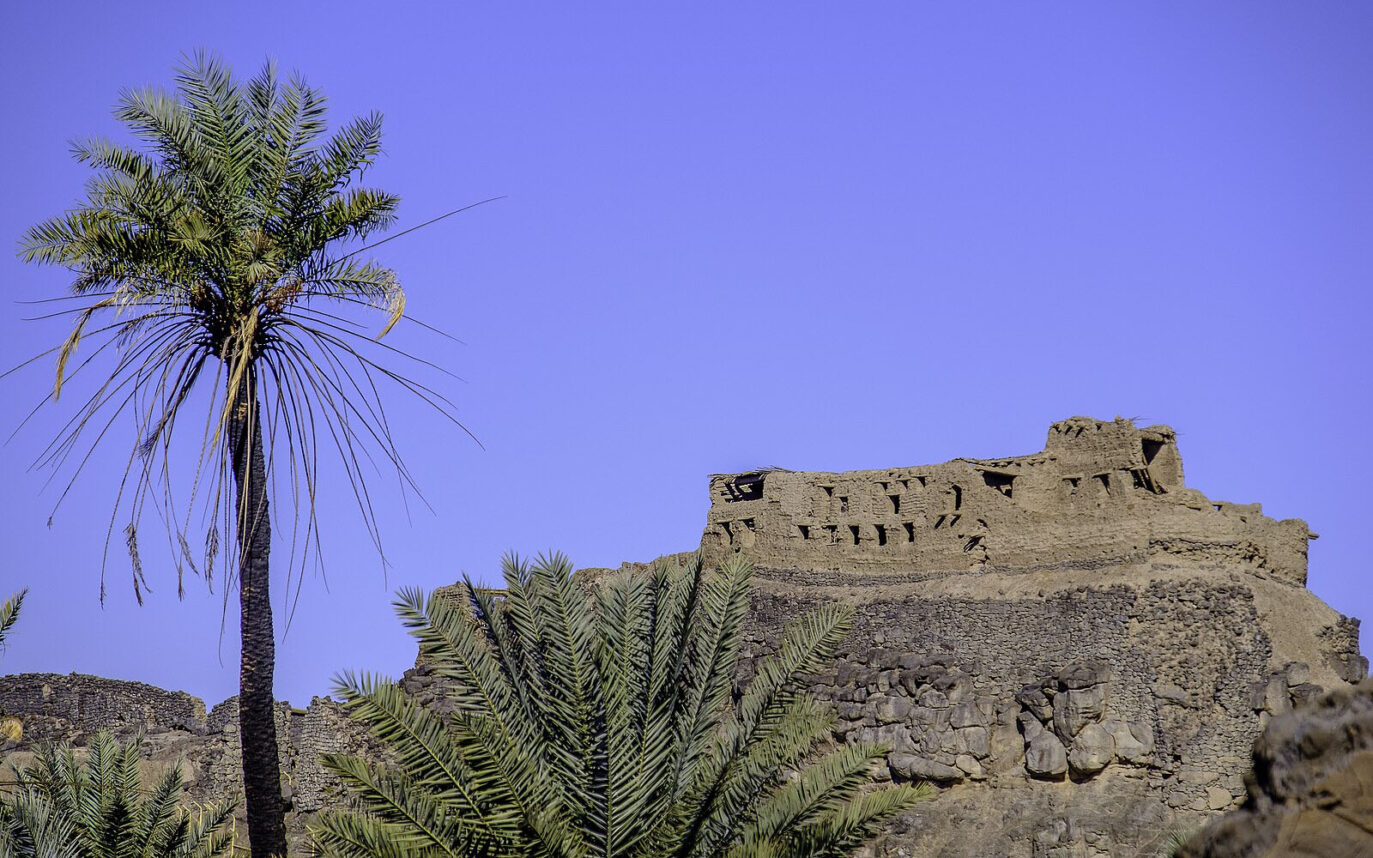
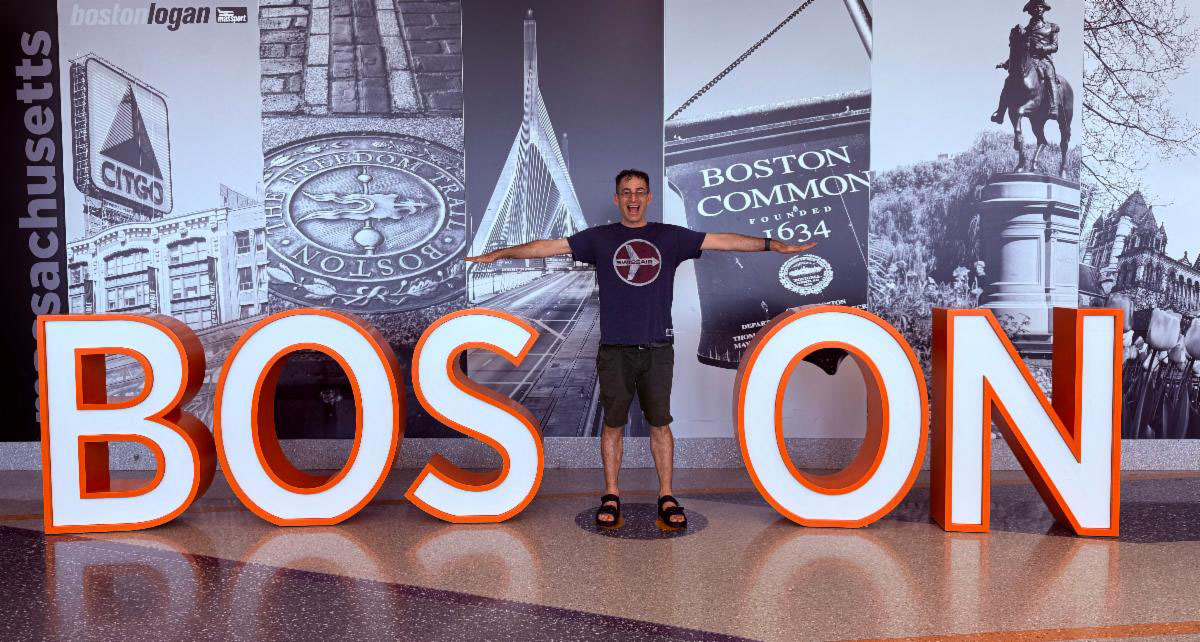
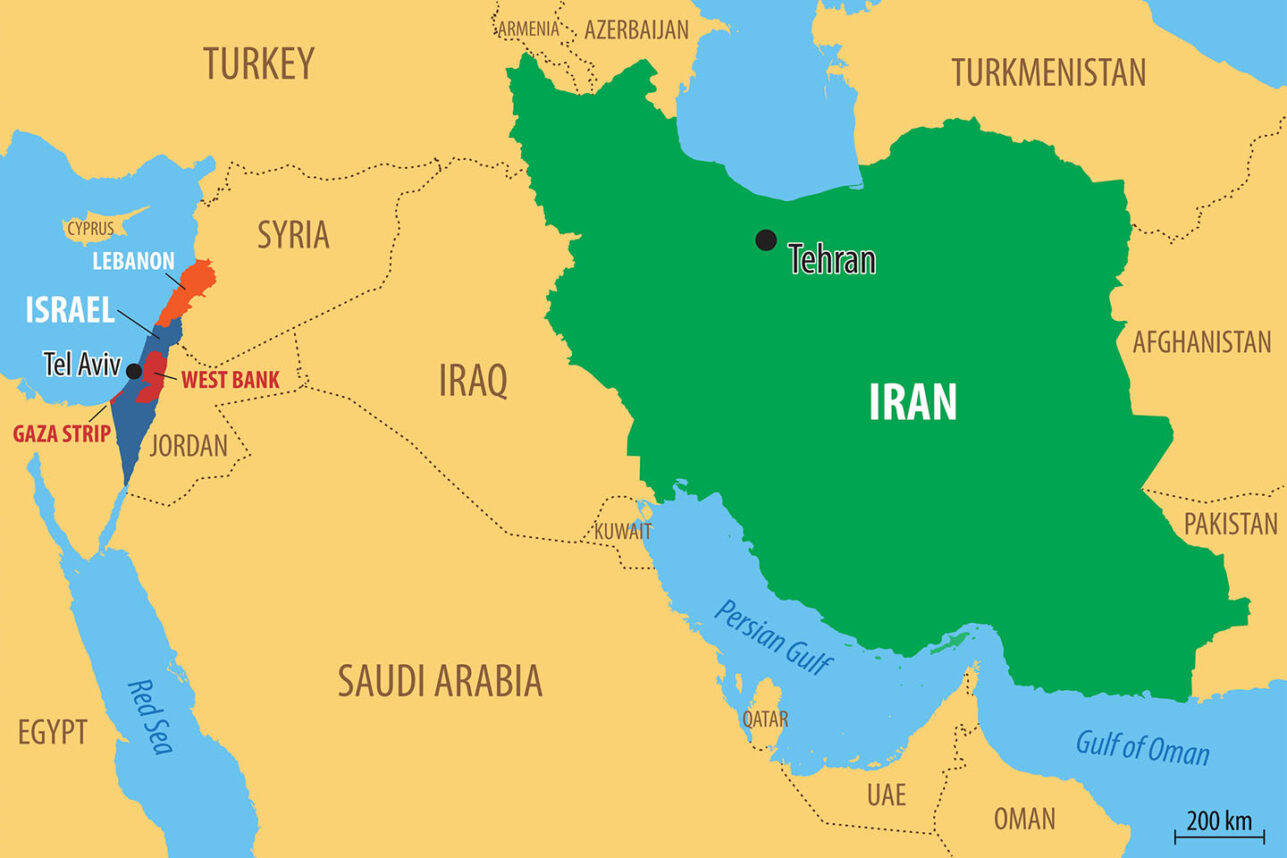
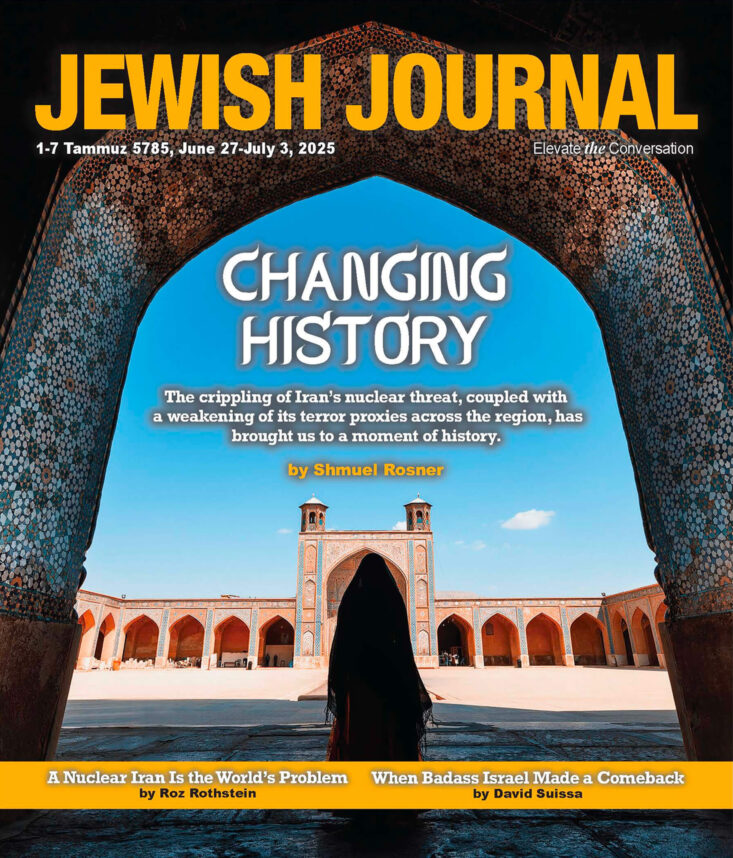
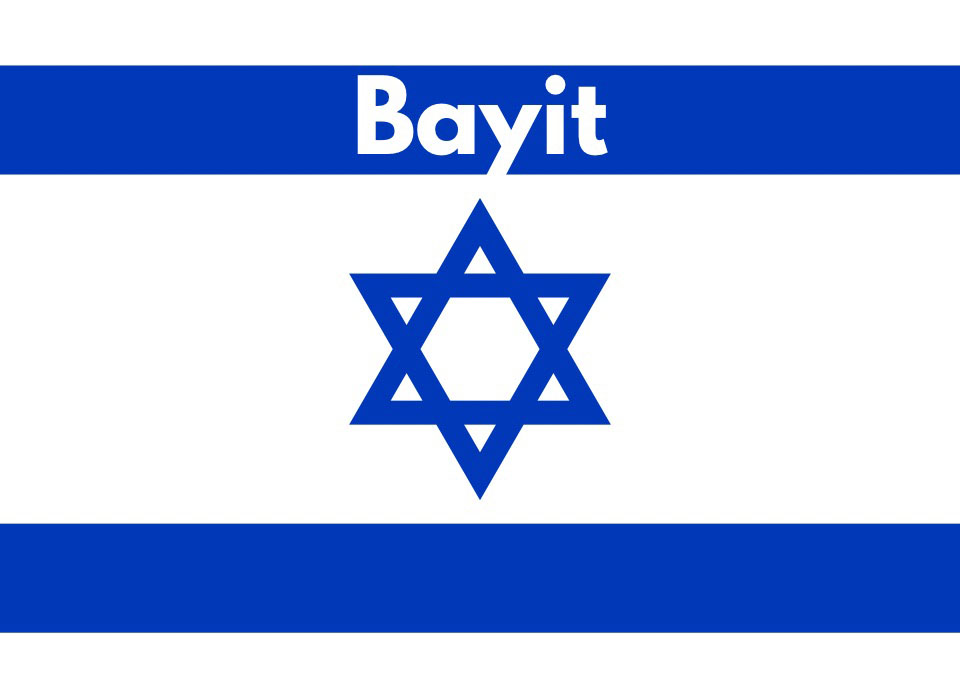


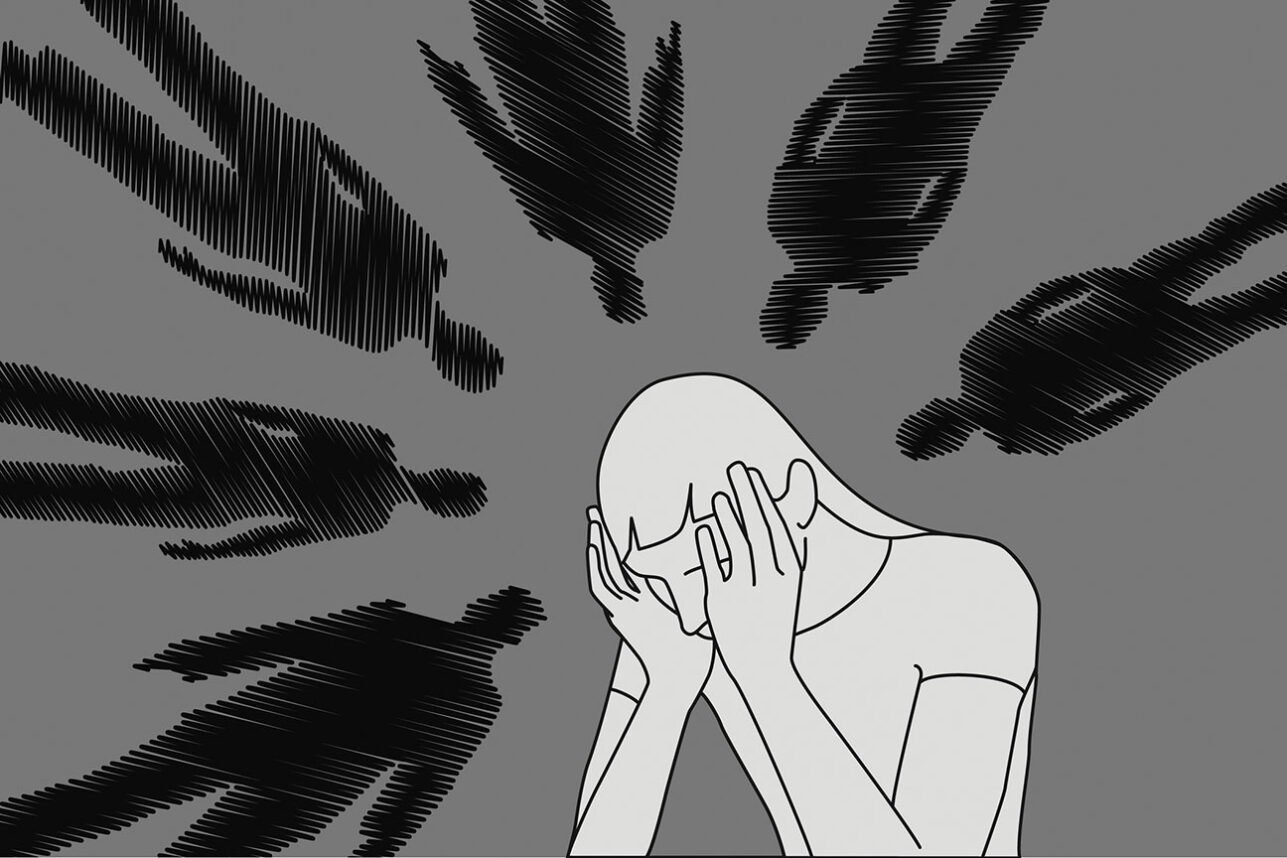

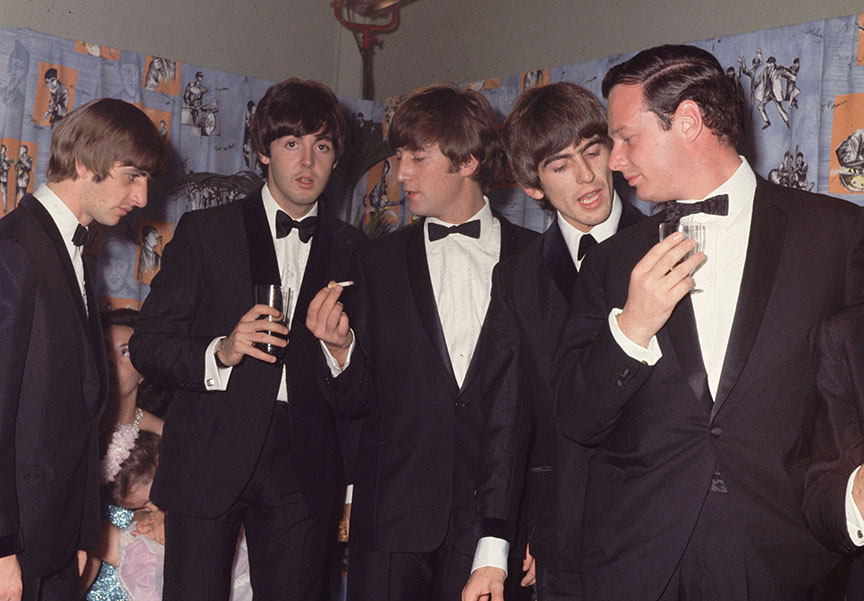
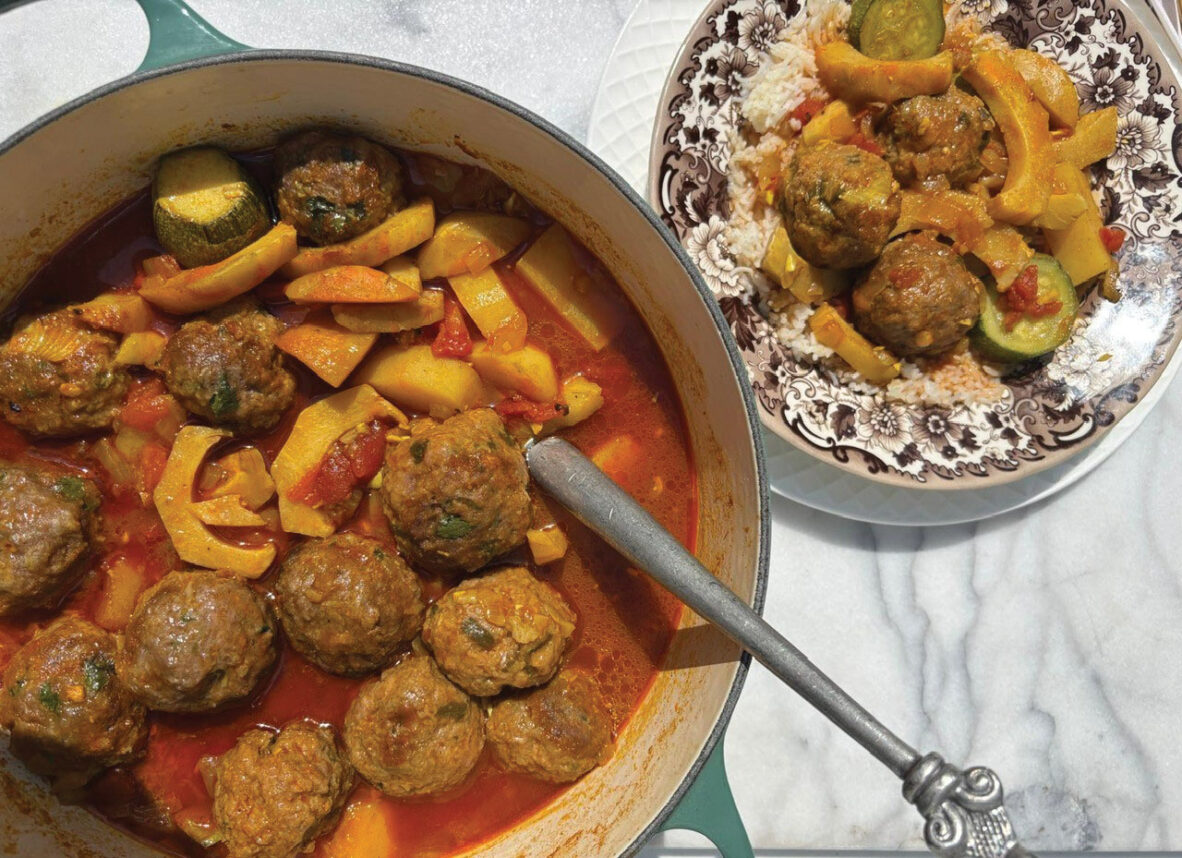
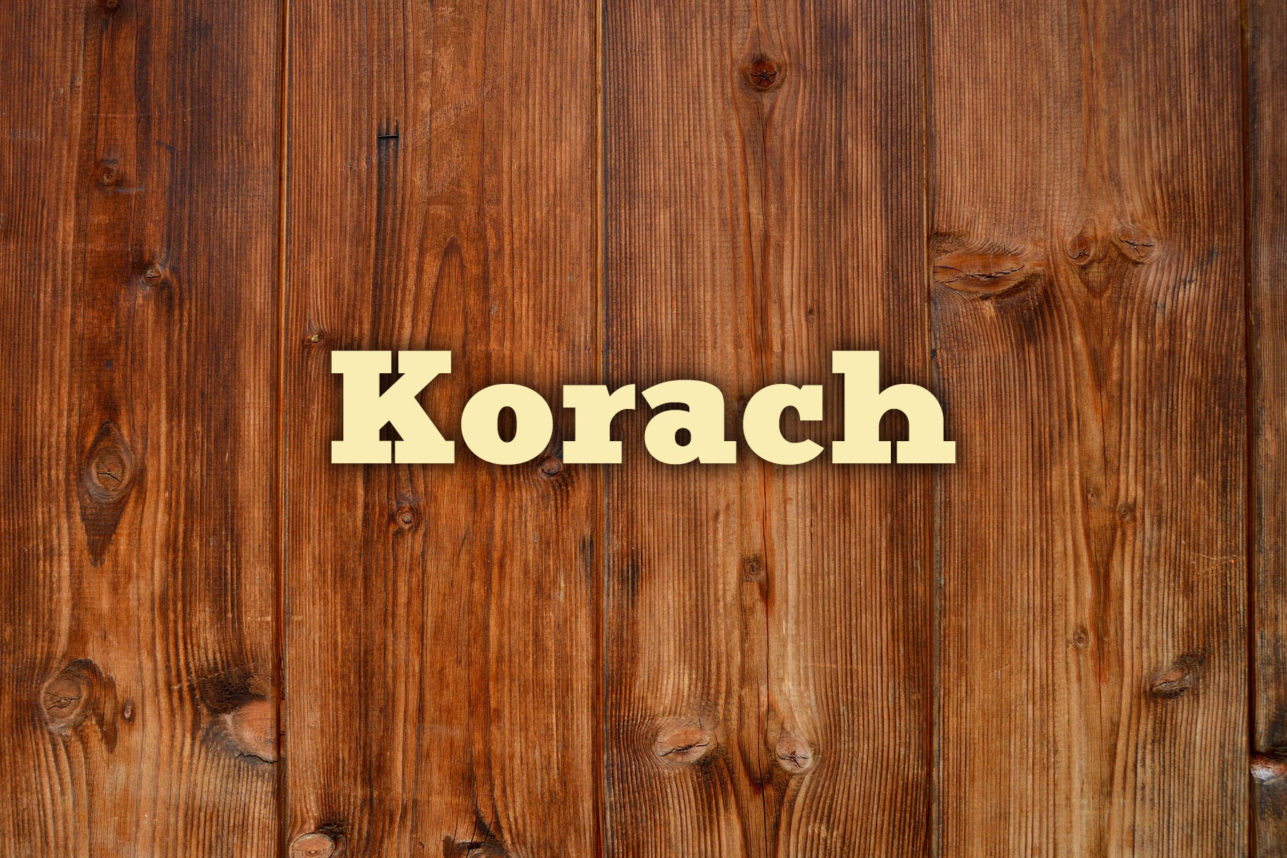

 More news and opinions than at a Shabbat dinner, right in your inbox.
More news and opinions than at a Shabbat dinner, right in your inbox.